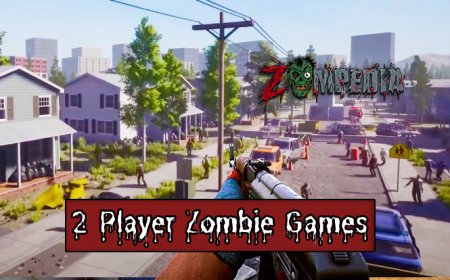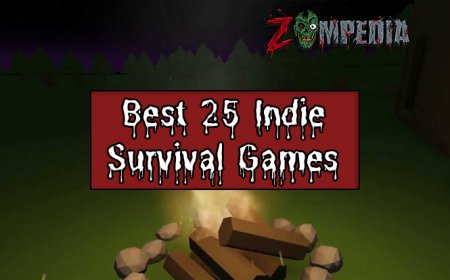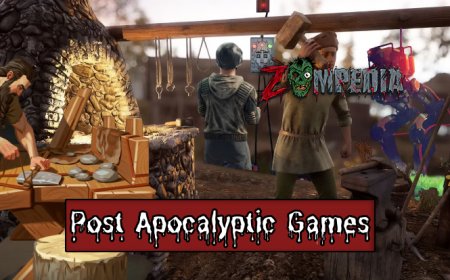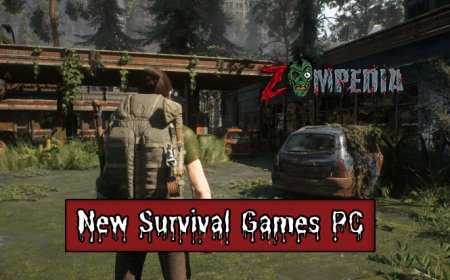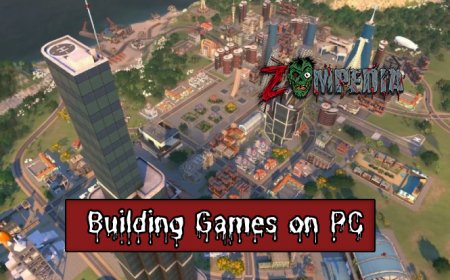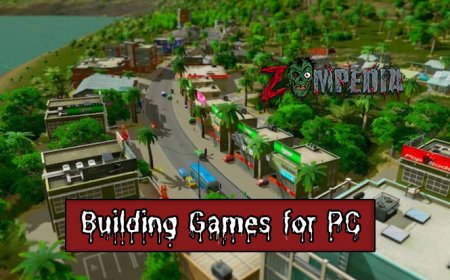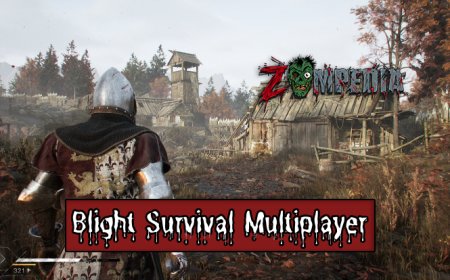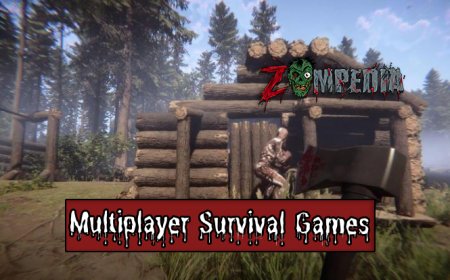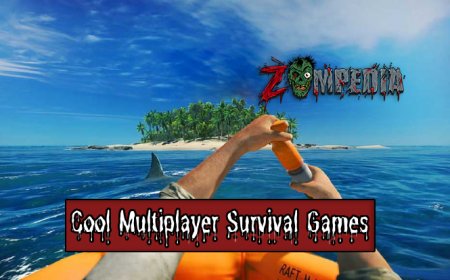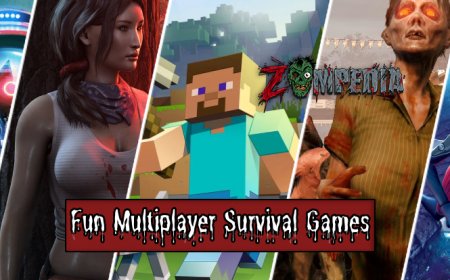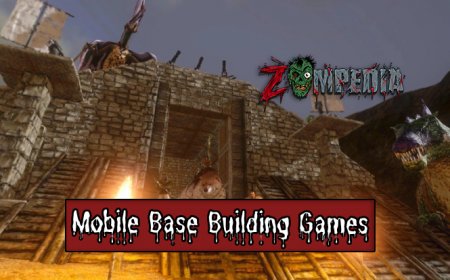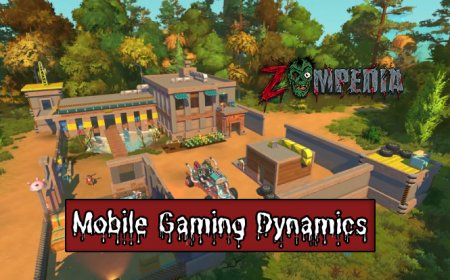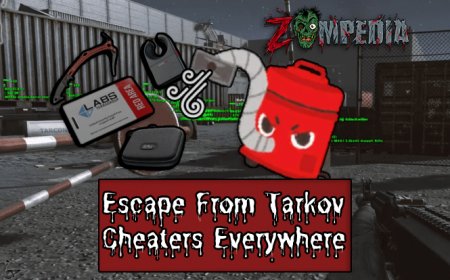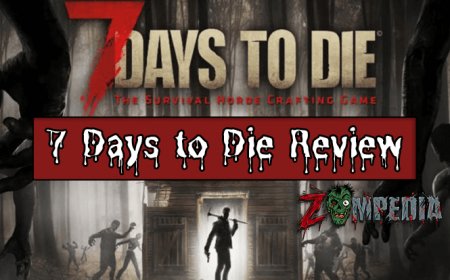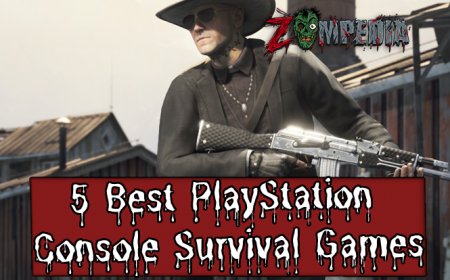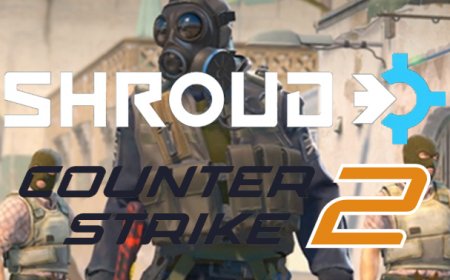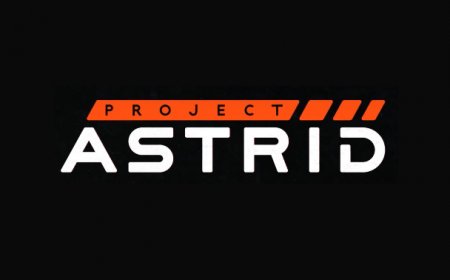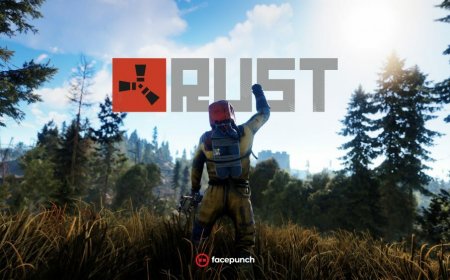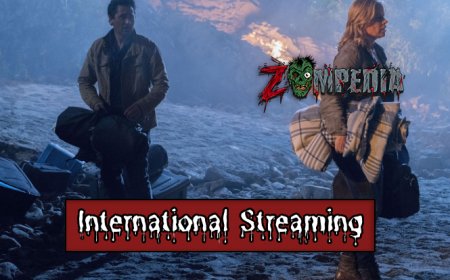How to Get Funding for a Video Game | A Step-by-Step Guide
Discover a step-by-step guide on securing the funding you need for your video game project. Learn strategies for successful financial backing.
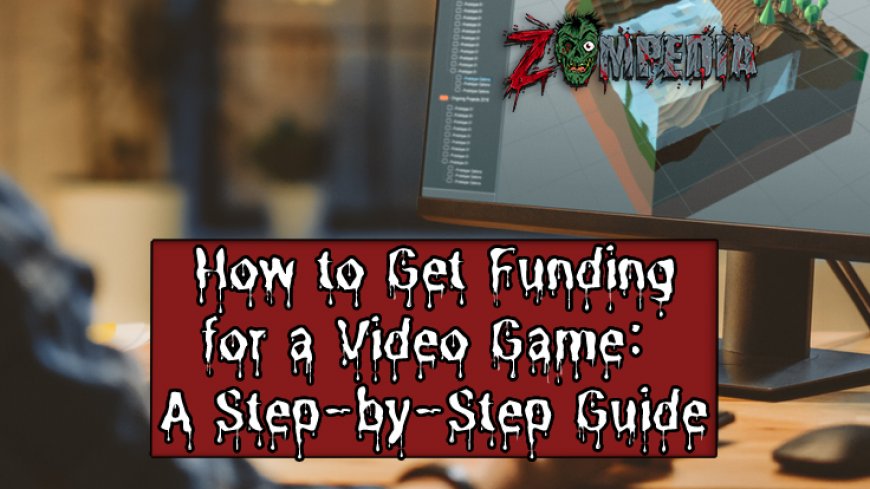
In the world of video game development, securing funding is often the most challenging yet crucial step in bringing a game to life. Developing a game requires time, resources, and a skilled team, all of which can be expensive. This step-by-step guide aims to help aspiring game developers successfully navigate the funding landscape, exploring various options and offering insights on how to pitch and secure investment for your game project.
Table of Contents
- Develop a Solid Game Concept
- Create a Budget and Financial Plan
- Build a Strong Development Team
- Choose the Right Funding Platform
- Craft a Compelling Pitch
- Develop a Marketing and Outreach Strategy
- Manage Your Funding Campaign
- Post-Funding Development and Success
Develop a Solid Game Concept

Funding often hinges on the strength of your game concept. Creating a unique, engaging, and marketable game idea is vital for capturing the interest of potential investors. To develop a strong game concept, consider the following steps:
- Research the Market: Investigate trends and popular genres to identify gaps in the market and avoid oversaturating it. Understand who your target audience is and what they value.
- Create Unique Mechanics: Differentiate your game from others by introducing unique gameplay elements that piqué the interest of potential backers.
- Design Engaging Characters and Environments: Invest in compelling character designs and atmospheric environments to immerse players in your game world.
- Produce Concept Art and Design Documentation: Codify your game idea in the form of concept art and thorough design documentation to demonstrate your vision to potential investors.
Create a Budget and Financial Plan
Before approaching potential investors, it is essential to establish a clear budget and financial plan for your game development project. A strong financial plan not only shows that you have a keen understanding of the costs involved, but it also demonstrates your commitment and professionalism. Consider the following steps when creating your financial plan:
- Calculate Development Costs: Assess all expenses related to the production of your game, such as salaries, software licenses, hardware, and office space.
- Factor in Marketing and Distribution: Consider the costs of marketing, PR, and distribution channels for your game in your financial plan.
- Project ROI and Breakeven Analysis: Analyze your game's estimated sales and revenue projections to determine its return on investment (ROI) and breakeven point. This will help potential investors understand the viability and profitability of your project.
Build a Strong Development Team

Investors tend to fund projects led by a well-rounded, skilled development team. Your game development team is the backbone of your project, and a strong group can significantly impact its success. To assemble an effective team, consider the following aspects:
- Assemble a Diverse Team: Building a team with a mix of skills and areas of expertise will help create a solid foundation for your project. Ensure that your team has expertise in programming, art and design, audio production, and project management.
- Team Cohesion: A collaborative, cohesive team will help create a positive work environment, enhance creativity, and improve problem-solving capabilities.
- Create a Team Portfolio: Present a polished team portfolio that showcases previous projects, skills, and experience. This will help build trust with potential investors and demonstrate your team's expertise.
Choose the Right Funding Platform
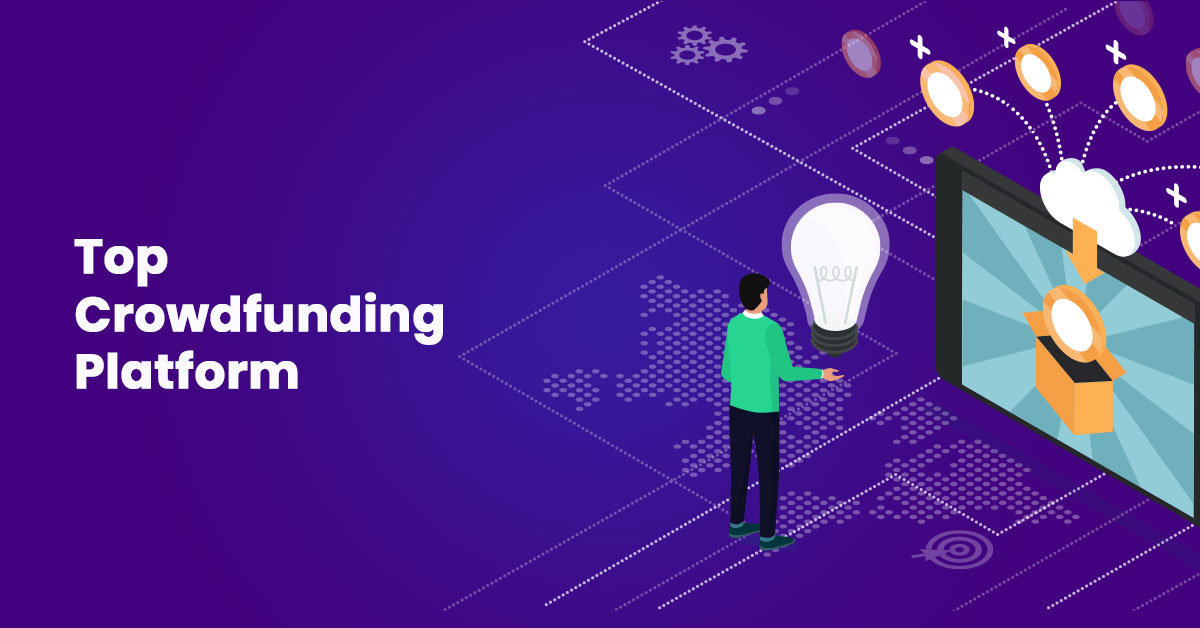
There are numerous funding platforms and options available to video game developers. Selecting the most suitable platform can significantly impact your project's success. Several popular funding avenues include:
- Crowdfunding: Platforms such as Kickstarter and Indiegogo allow you to pitch your game project directly to the public. These platforms serve as a way to gauge interest in your game, generate buzz, and secure funds from thousands of backers.
- Government Grants and Private Investors: Many countries offer grants or tax incentives for video game development, which can provide valuable non-dilutive funding. Alternatively, private investors or venture capitalists might be interested in investing in your project in return for equity or revenue shares.
- Publishing and Distribution Deals: Partnering with a reputable game publisher can help secure funding and alleviate some of the logistical burdens associated with marketing, distribution, and post-launch support.
Craft a Compelling Pitch
An engaging and persuasive pitch is key to capturing your potential backers' interest. Your pitch should effectively communicate the essence of your game and demonstrate its unique selling points to distinguish it from other projects. Crafting a captivating pitch involves:
- Telling a Story: Frame your pitch as a story to create an emotional connection with your potential backers. Share your vision, your team's background, and the journey that led to your game's creation.
- Highlighting Unique Selling Points: Clearly present the aspects that make your game unique and attractive to potential investors, such as innovative gameplay mechanics, lush art, or an immersive narrative.
- Creating Engaging Pitch Materials: Invest time and effort into creating high-quality pitch materials, including engaging videos, detailed project descriptions, and captivating concept art. These materials play a vital role in capturing the imagination of potential backers.
Develop a Marketing and Outreach Strategy
![]()
A well-structured marketing and outreach strategy can significantly influence the success of your funding campaign. This strategy should effectively communicate your game's vision and build an eager, active audience. Elements to consider when developing your marketing plan include:
- Content Marketing: Develop and share content related to your game, such as blog posts, developer diaries, or podcasts. This can help establish your expertise, drive organic traffic, and engage your target audience.
- Social Media Presence: Build and maintain an active presence on social media platforms relevant to your target audience. Share updates, engage with followers, and create a loyal community around your project.
- Influencer Collaborations: Partner with influencers in the gaming industry to broaden your game's exposure and reach. This can include game streamers, content creators, or gaming journalists.
- Industry Events and Networking: Attending gaming events such as conferences, expos, and conventions can provide valuable opportunities to connect with the gaming community, showcase your project, and generate buzz.
Manage Your Funding Campaign
Effectively managing your funding campaign is essential to maintaining momentum and ensuring the ongoing support of your backers. Active communication, transparency, and responsible financial management will help foster trust and confidence in your ability to deliver a successful game. To manage your campaign efficiently, consider the following practices:
- Provide Regular Updates: Consistently share progress reports, milestones, and setbacks with your backers to keep them informed and engaged. Transparency helps maintain their trust and support throughout the development process.
- Offer Incentives and Rewards: Reward early adopters and top-tier backers with exclusive rewards, such as limited-edition merchandise or unique in-game content. This can help drive higher pledge amounts and encourage more people to support your project.
- Respond to Feedback and Address Concerns: Engage with your backers on project updates, forums, and social media, addressing their questions or concerns in a timely manner. Demonstrating your commitment to their feedback helps foster a strong and engaged community.
Post-Funding Development and Success

Following a successful funding campaign, it is crucial to maintain the trust and support of your backers as you move into the development phase. Ensuring that development stays on track and that you deliver on your promises will help your project thrive in the competitive gaming market. To capitalize on your funding success, consider adopting the following strategies:
- Deliver Promised Rewards: Fulfill your backer rewards promptly and to a high standard. This will not only satisfy your supporters but also create a positive reputation for your team and subsequent projects.
- Adapt to Development Challenges: Unanticipated obstacles may arise during the development process. Be prepared to face these challenges with resilience and creativity to ensure that your project remains on track and upholds its promise to backers.
- Build upon Your Success: Leverage the attention, experience, and support gathered during your funding campaign to develop future projects. Utilize the connections made and lessons learned to continue creating compelling, successful games.
In conclusion, obtaining funding for your video game project is a multifaceted process that requires research, preparation, and persistence. By following this guide, you can improve your chances of securing the necessary funds to make your vision a reality. With the right approach and a dedicated team, you can successfully navigate the world of video game funding and build a sustainable, thriving career in the industry.
What's Your Reaction?









